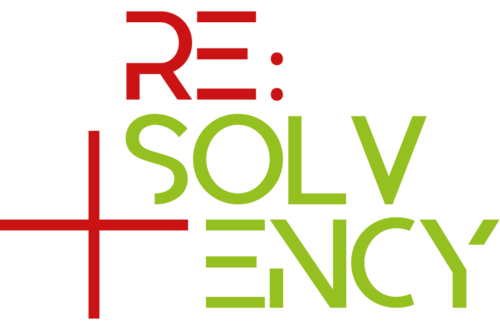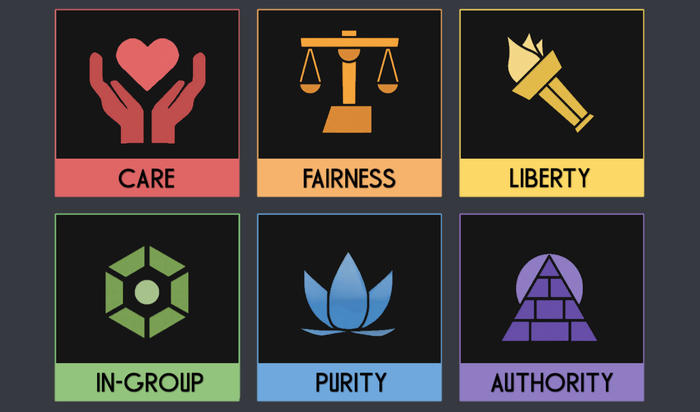Project Streams
Past Events
Upcoming
Project Funding

Funded by the European Union (ERC, RESOLVENCY, No. 950427). Views and opinions expressed are, however, those of the author(s) only and do not necessarily reflect those of the European Union or the European Research Council Executive Agency. Neither the European Union nor the granting authority can be held responsible for them.













